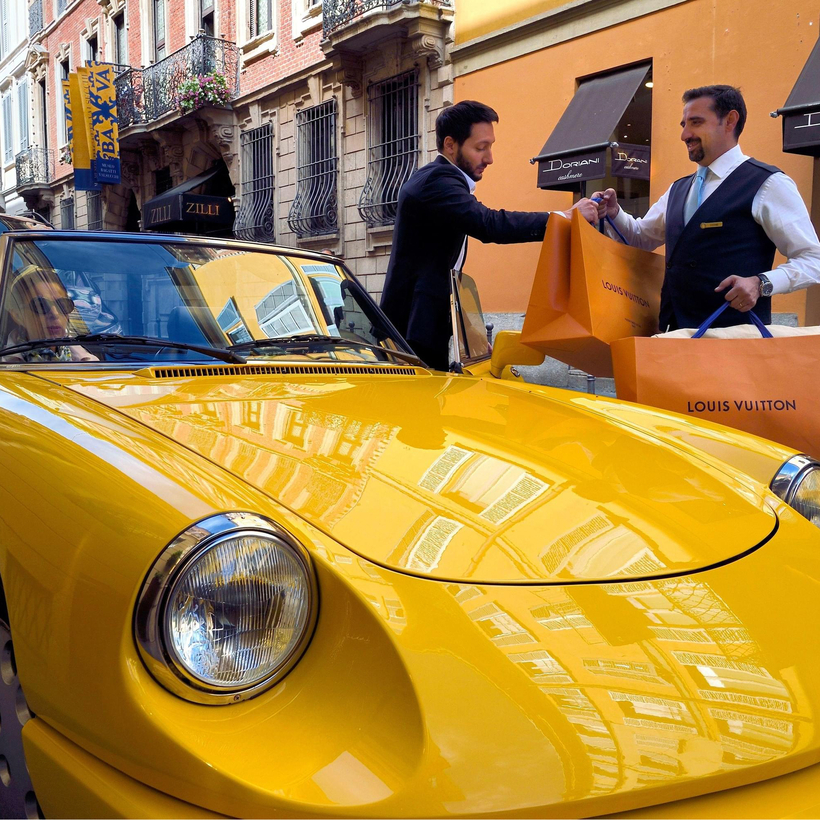In Paris’s Sixth Arrondissement, $45,000 could cover a year’s lease on a studio apartment within walking distance of the Luxembourg Gardens. Alternatively, you could spend a single night in the Suite Coco Chanel at the Ritz.
Bad news for those who dare to dream of a long weekend in Paris, Rome, Venice, London, or even Positano: the stratospheric prices are not reserved for the Ritz. As of press time, a three-night stay from Friday, July 12, to Monday, July 15, will cost $17,187 for a suite at the Aman Venice; $7,425 at Villa La Coste, in Provence; $5,683 for Raffles London at the O.W.O.; and $4,716 at the (classic but tired) Hassler, in Rome. And that’s before factoring in taxes, tips, room-service cappuccinos, and, God forbid, a bottle of Taittinger from the mini-bar.


